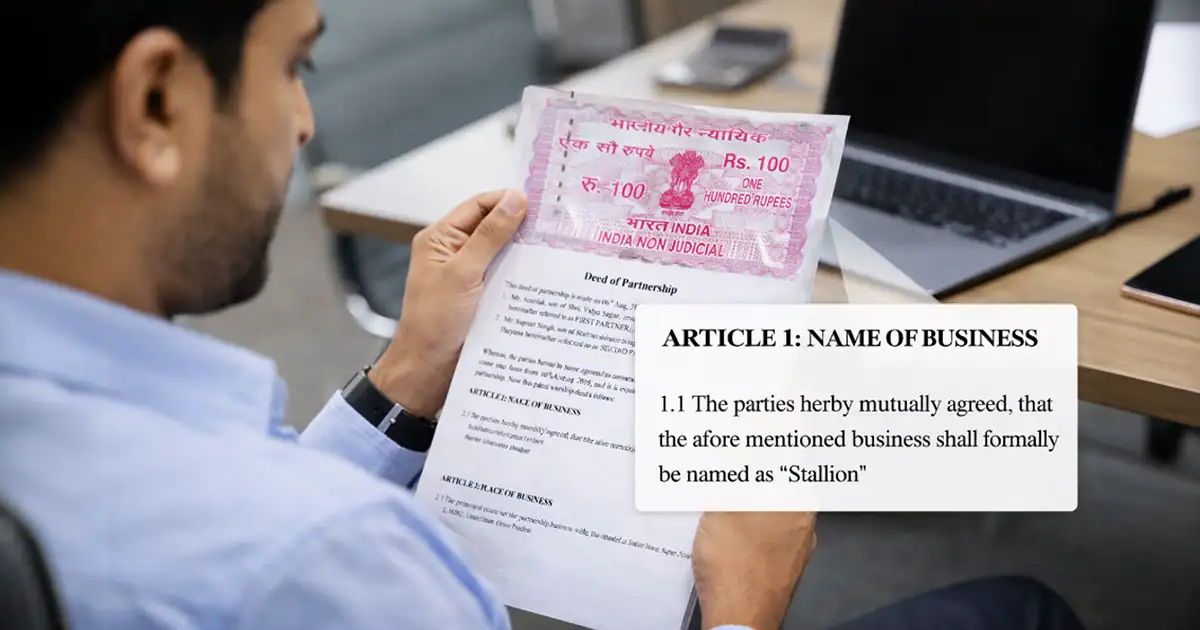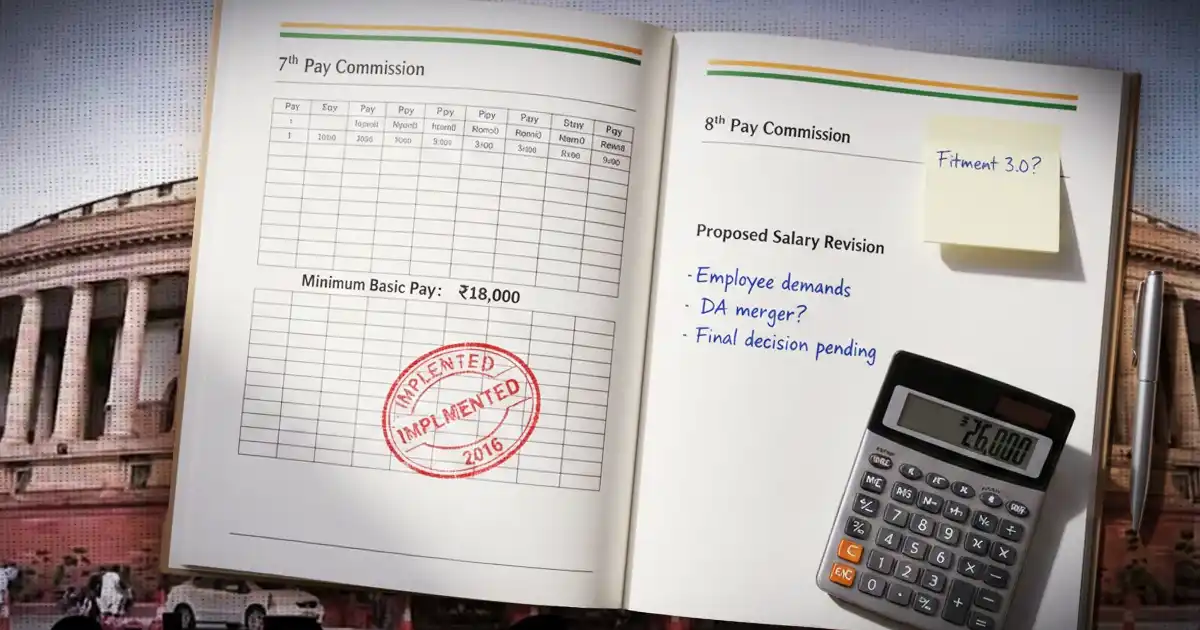The Spice Board Registration, officially known as the Certificate of Registration as an Exporter of Spices (CRES), is a mandatory license issued by the Spices Board of India. The Board itself acts as the official Export Promotion Council for the 52 scheduled spices. India, recognized as the world's foremost spice exporter, is celebrated for its premium quality and diverse range of spices.
This Spice Board certificate ensures compliance with export regulations, quality benchmarks, and global market demands. To apply for Spice Board Registration, exporters must possess a valid Import Export Code (IEC) acquired through the Directorate General of Foreign Trade (DGFT) portal. Securing this registration streamlines trade, builds international confidence, and enables your business to expand its global reach.
What is the Spices Board Act, 1986?
The Spices Board Act, 1986, is a law made by the Indian government to promote the development and export of spices in India. It led to the formation of the Spices Board of India, which works under the Ministry of Commerce and Industry. This Board looks after the production, quality control, and export promotion of spices like cardamom, pepper, turmeric, and more. The Act helps farmers, traders, and exporters by giving them support, guidelines, and facilities to grow and sell better-quality spices in India and abroad.










